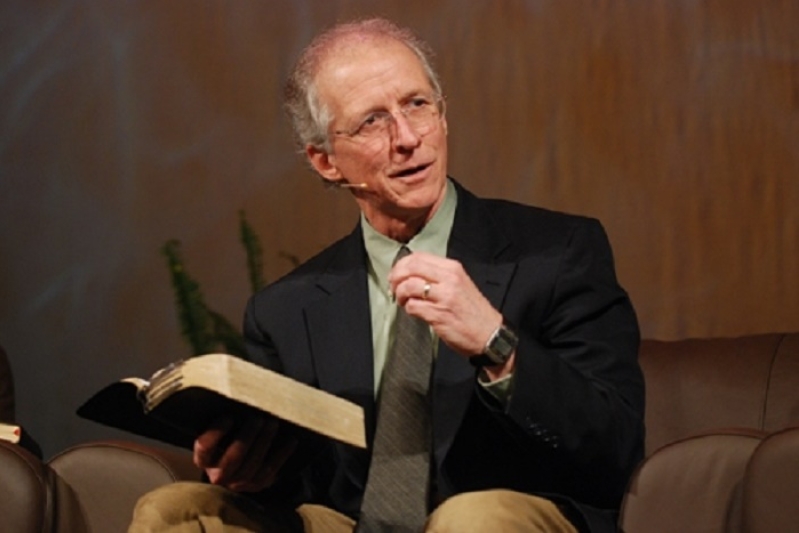
Are you legalistic? According to theologian and Desiring God founder John Piper, there are three kinds of legalism -- and all are equally dangerous.
In response to a question he received from a reader curious if it's possible to be "legalistic about not being legalistic", the theologian lamented that far too often, people sling "legalism" around -- even though the English word never occurs in any modern translation of all the Bible. Thus, it's important to look at the Scriptures and decide what it might refer to in the Bible. Piper said there are, however, three common meanings of legalism he believes can be used, but they "should be carefully explained which one's being used and when."
First, the "Don't Waste Your Life" author said we might call someone "legalistic" if they are overly concerned about behaviors that are explicitly not prohibited or commanded in the New Testament.
This, he says, is what Romans 14 is mainly about: "Let not the one who eats despise the one who abstains, and let not the one who abstains pass judgment on the one who eats."
"That despising and that judging would be legalistic on this definition," he explains.
Second, one may be legalistic if they fail to see that the Mosaic system of sacrifices, priestly ceremonies, rites of purification, food laws and rituals are not binding any longer on the Christian.
He cites Hebrews 8:13, "In speaking of a new covenant, he makes the first one obsolete", and Romans 7:6, "We are released from the law, having died to that which held us captive, so that we serve in the new way of the Spirit and not in the old way of the written code."
Finally, we might call someone "legalistic" if they treat the law or any moral behavior as the ground of our full acceptance with God rather than the blood of Christ, says Piper
He references Romans 8:3, "God has done what the law, weakened by the flesh, could not do." What? "By sending his own Son in the likeness of sinful flesh . . . he condemned sin."
"Our condemnation is over because he did in the cross what we could never do by law-keeping," Piper says.
Earlier, the Desiring God founder said the essence of legalism "is when faith is not the engine of obedience".
"Thus the power of legalism comes from ourselves (flesh)," he said. "This is crucial because the aim of legalism is to trade with God value for value. And so the engine of works must have something self-wrought to offer God in the deal."
He continued, "But the power of the 'obedience of faith' does not come from ourselves but from God (the Spirit). The aim of the obedience of faith is to receive everything from God as a free gift of grace. And so the engine of faith must have nothing self-wrought in its dealing with God...The obedience of faith deals in beneficiary delights and magnifies the grace of God."






